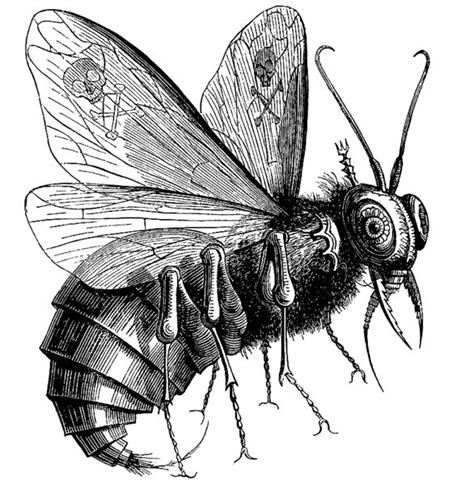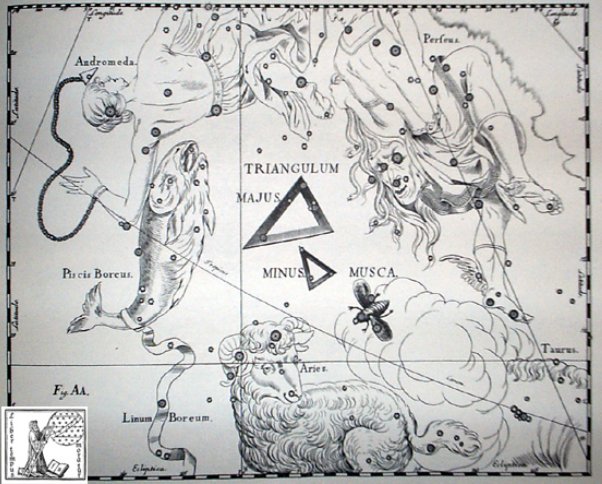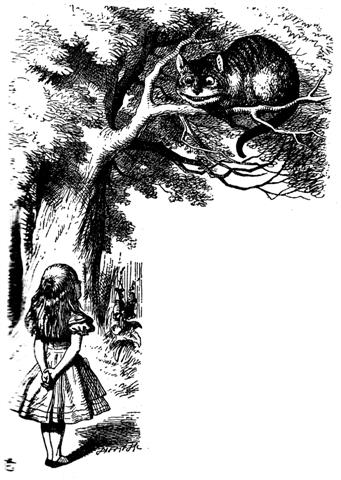The Bay of Flies suggests a place where one generation connects with the next. Takaure. Fly; horse-fly. Vanaga. A fly; takaure iti, mosquito; takaure marere ke, swarm. Churchill. ... From a religious point of view, the high regard for flies, whose increase or reduction causes a similar increase or reduction in the size of the human population, is interesting, even more so because swarms of flies are often a real nuisance on Easter Island, something most visitors have commented on in vivid language. The explanation seems to be that there is a parallel relationship between flies and human souls, in this case, the souls of the unborn. There is a widespread belief throughout Polynesia that insects are the embodiment of numinous beings, such as gods or the spirits of the dead, and this concept extends into Southeast Asia, where insects are seen as the embodiment of the soul ... ... Men's spirits were thought to dwell in the Milky Way between incarnations.
This conception has been handed down as an Orphic and Pythagorean tradition fitting into the frame of the migration of the soul. Macrobius, who has provided the broadest report on the matter, has it that souls ascend by way of Capricorn, and then, in order to be reborn, descend again through the 'Gate of Cancer' ...  Taka. Taka, takataka. Circle; to form circles, to gather, to get together (of people). Vanaga. 1. A dredge. P Mgv.: akataka, to fish all day or all night with the line, to throw the fishing line here and there. This can only apply to some sort of net used in fishing. We find in Samoa ta'ā a small fishing line, Tonga taka the short line attached to fish hooks, Futuna taka-taka a fishing party of women in the reef pools (net), Maori takā the thread by which the fishhook is fastened to the line, Hawaii kaa in the same sense, Marquesas takako a badly spun thread, Mangareva takara a thread for fastening the bait on the hook. 2. Ruddy. 3. Wheel, arch; takataka, ball, spherical, round, circle, oval, to roll in a circle, wheel, circular piece of wood, around; miro takataka, bush; haga takataka, to disjoin; hakatakataka, to round, to concentrate. P Pau.: fakatakataka, to whirl around. Mq.: taka, to gird. Ta.: taa, circular piece which connects the frame of a house. Churchill. Takai, a curl, to tie; takaikai, to lace up; takaitakai, to coil. P Pau.: takai, a ball, to tie. Mgv.: takai, a circle, ring, hoop, to go around a thing. Mq.: takai, to voyage around. Ta.: taai, to make into a ball, to attach. Churchill. Ure.1. Generation; ure matá, warlike, bellicose generation (matá, obsidian, used in making weapons). 2. Offspring; brother; colleague i toou ure ka tata-mai, your colleague has turned up. 3. Friendship, friendly relationship; ku-ké-á te ure, they have become enemies (lit.: friendship has changed). 4. Penis (this definition is found in Englert's 1938 dictionary, but not in La Tierra de Hotu Matu'a). Ure tahiri, to gush, to spurt, to flow; e-ure tahiri-á te toto, blood is flowing in gushes. Ure tiatia moana, whirlwind which descend quickly and violently onto the ocean; whirlpool, eddy. Vanaga. Penis; kiri ure, prepuce, foreskin. P Pau., Mgv., Ta.: ure, penis. Ureure, spiral. Ta.: aureure, id. Urei, to show the teeth. Mgv.: urei, to uncover the eye by rolling back the lids. Churchill. Pau.: Ureuretiamoana, waterspout. Ta.: ureuretumoana, id. Churchill. H. Ule 1. Penis. For imaginative compounds see 'a'awa 1, 'aweule, ulehala, ulehole, ulepa'a, ulepuaa, ule'ulu. Kū ka ule, he'e ka laho, the penis is upright, the scrotum runs away (refers to breadfruit: when the blossom (pōule) appears erect, there will soon be fruit). 2. Tenon for a mortise; pointed end of a post which enters the crotch of a rafter (also called ma'i kāne). Ho'o ule, to form a tenon or post for the crotch of a rafter. 3. To hang. Wehewehe. It therefore seems reasonable to here (in Polynesia) use the time-frame of Bharani:
... And then the bone spoke; it was there in the fork of the tree: Why do you want a mere bone, a round thing in the branches of a tree? said the head of One Hunaphu when it spoke to the maiden. You don't want it, she was told. I do want it, said the maiden. Very well. Stretch out your right hand here, so I can see it, said the bone. Yes, said the maiden. She stretched out her right hand, up there in front of the bone. And then the bone spit out its saliva, which landed squarely in the hand of the maiden. And then she looked in her hand, she inspected it right away, but the bone's saliva wasn't in her hand. It is just a sign I have given you, my saliva, my spittle. This, my head, has nothing on it - just bone, nothing of meat. It's just the same with the head of a great lord: it's just the flesh that makes his face look good. And when he dies, people get frightened by his bones. After that, his son is like his saliva, his spittle, in his being, whether it be the son of a lord or the son of a craftsman, an orator. The father does not disappear, but goes on being fulfilled. Neither dimmed nor destroyed is the face of a lord, a warrior, craftsman, an orator. Rather, he will leave his daughters and sons. So it is that I have done likewise through you. Now go up there on the face of the earth; you will not die. Keep the word. So be it, said the head of One and Seven Hunaphu - they were of one mind when they did it ...
|
||||||||||||||||||||||||||||||||||||||||||
.jpg)

